If you’re planning a trip to France, you may be curious about what the local drinking age is. We’re here to help.
This is your friendly guide to everything you need to know about drinking in France, from the ages to the etiquette.
By the way, don’t forget to bring your iRoamly France travel eSIM to stay connected and easily check any local info you need on the go.
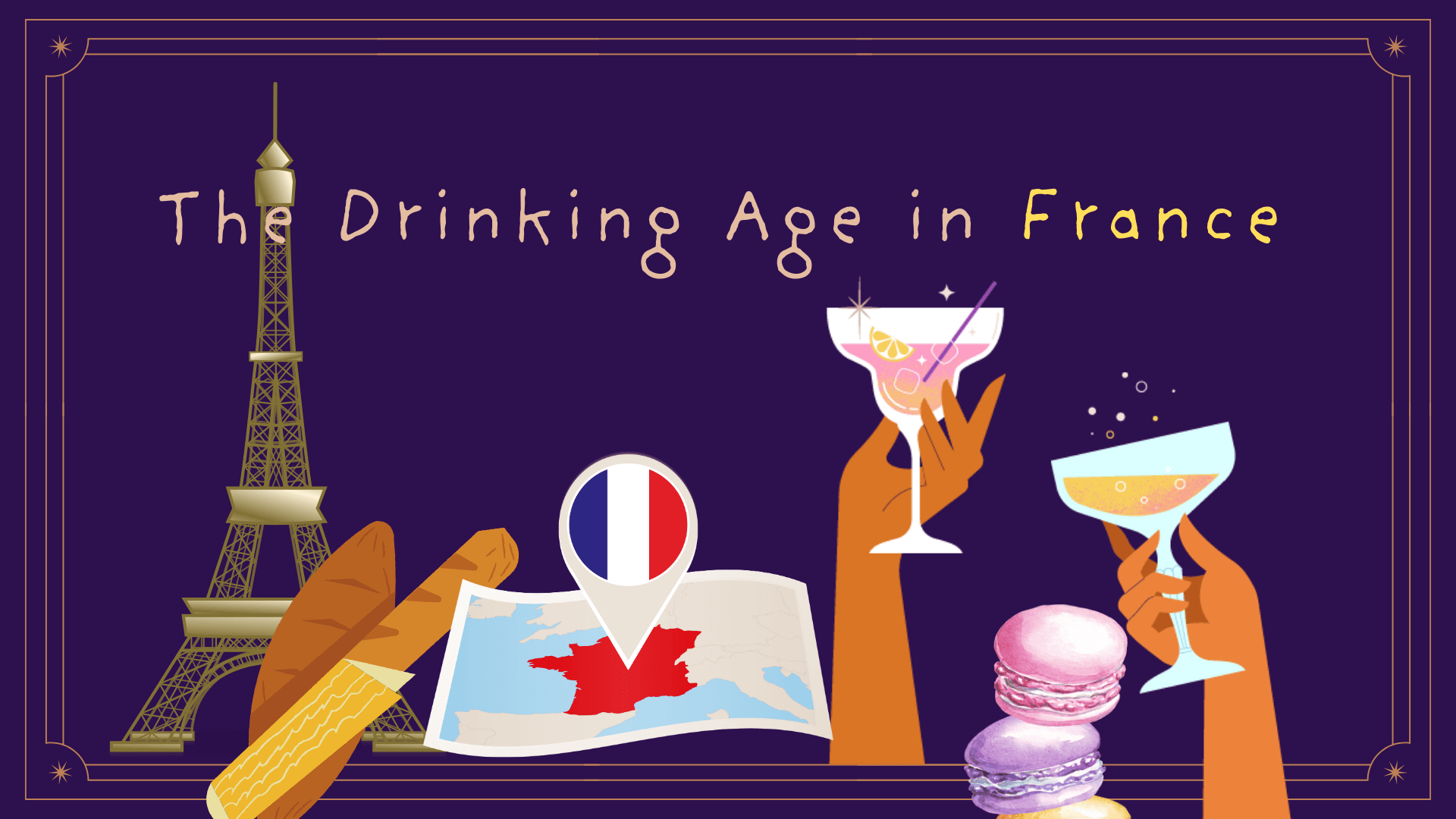
What is the Legal Drinking Age in France?
The legal drinking age in France is 18.
This applies to residents and visitors alike, allowing anyone of this age or above to enjoy all the wine, beer and other spirits France is famous for.
One caveat is that prior to a 2009 law change, young people aged between 16 and 18 were legally allowed to to consume fermented alcoholic beverages such as cider or wine, but this has since been raised to 18 for all alcohol.
However, the French are never without a little paradox: it is possible for a 16-year-old to order an alcoholic drink in a restaurant, if accompanied by a parent or legal guardian.
It’s also illegal to sell alcohol to anyone under the age of 18.
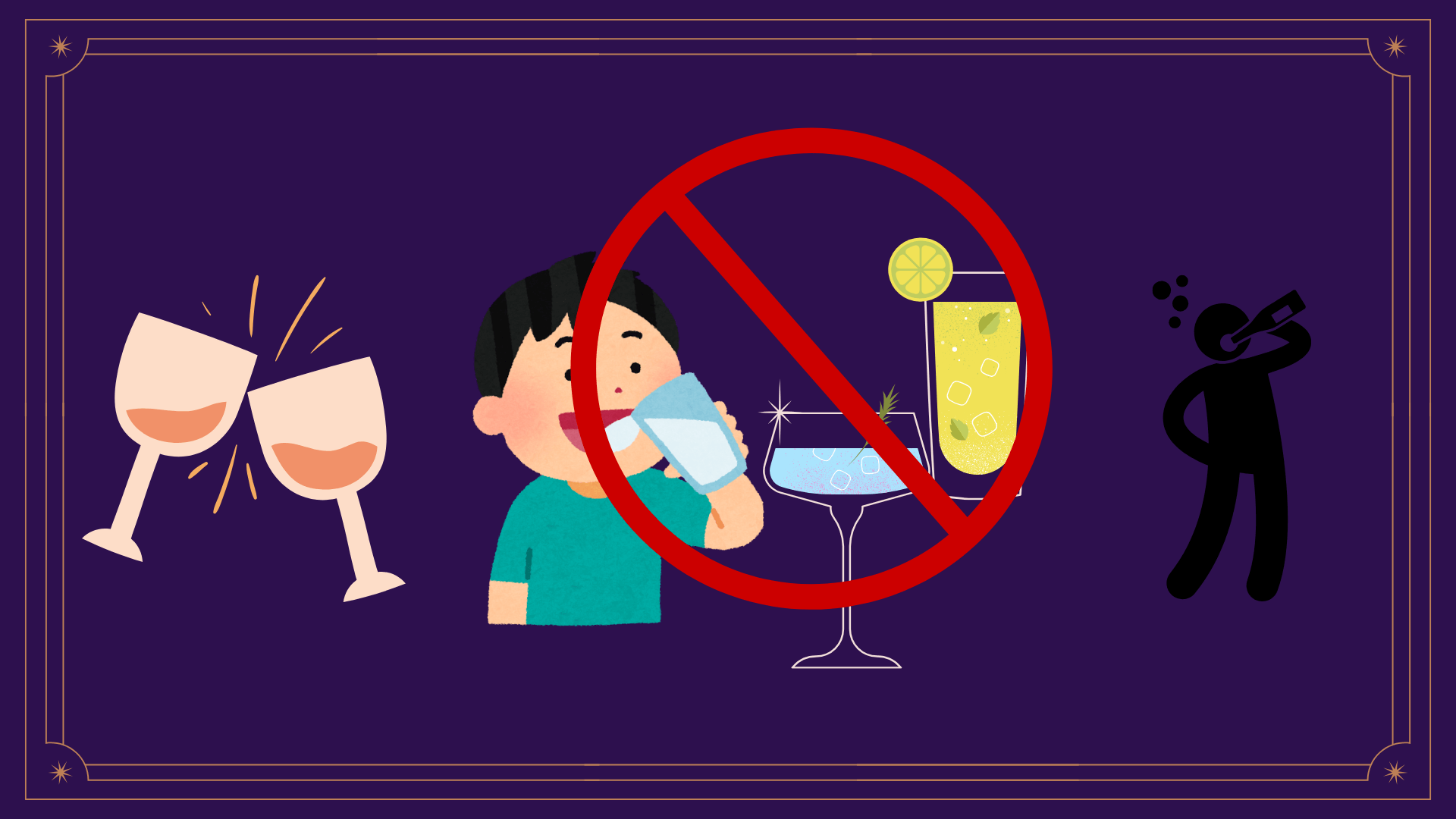
French Drinking Laws
Now that you know when you can start getting served, let’s explain some of the rules when it comes to drinking in France. The most important thing is not to exhibit signs of intoxication in public places (such as streets or parks) – it’s all about maintaining some decorum, dear reader!
Similarly, France's attitude towards cannabis is also strict, so it's essential to be mindful of local laws and customs.
Paris Bans Drinking out in the Streets
While you’re having a lovely time in the City of Light, it would be advisable to familiarize yourself with some of the regulations around drinking in public.
Drinking out in the Open is Banned after 4 PM
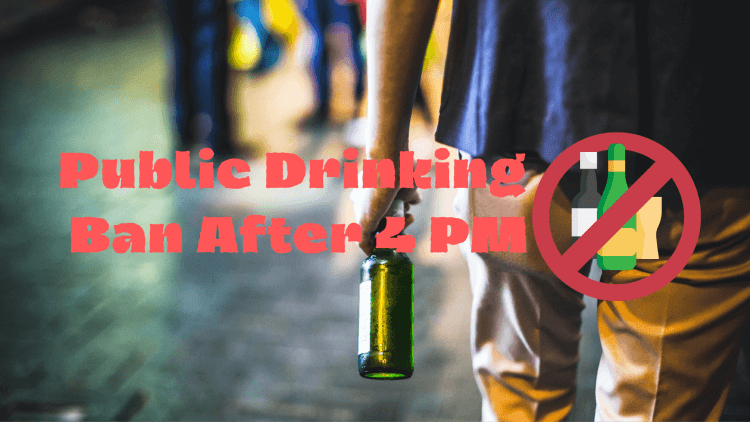
There is a historical ban on drinking alcohol in the later hours – from 4 PM – in some public areas. This is to help manage hordes of people and to prevent things getting truly rowdy as the night draws in. Finish up before this time if you’re walking around!
Open Container Laws on Parisian Streets
In Paris, the 4 PM-7 AM restriction applies to much of central Paris, from the Champ de Mars at the foot of the Eiffel Tower, taking in great chunks of the Marais, Les Halles, the Latin Quarter, Champs Elysées, Place de la Bastille, through to the Bellville neighborhood, to large swathes of Montmartre.
This even encompasses Place de la Nation, Invalides, and parts of the city that don’t draw tourist crowds.
Supermarkets and convenience stores in these areas are closed to liquor sales from 9 PM, although specialist wine and spirit vendors are exempt from this rule.
Open Container Laws along the Parisian Quays
Between May and October, drinking alcohol is prohibited along the quays of the Canal St-Martin, Bassin de la Villette, and the Seine River from 4 PM to 7 AM. This is from the Ile St-Louis, Ile de la Cité, the Left Bank from Pont Mirabeau to Pont de Tolbiac, and the Right Bank from Pont de Bir Hakeim to Pont de Tolbiac.
In essence, there are few opportunities to legally drink outside by the water in central Paris. You can drink at bars and boats moored on the Seine, though this again has to be consumed on their terraces and from their offerings.
No Drinking in Paris Parks

One area where you really can't drink is in any of the city's municipal parks or squares – or any of its public green spaces. Parc de la Villette, Palais Royal, Jardin des Tuileries, Jardin des Plantes, and our beloved Parc du Luxembourg are all operated by the state, so no drinking allowed.
Of course, the licensed bars and cafés operating within these parkland exceptions are fine to drink in – but it probably wasn’t the kind of outdoor wine you were aiming for with that snippet.
For a more al fresco vinous adventure, you will have to find some alternative, though not forbidden, spots.
Avoid bringing glass bottles wherever possible. The city is wary of glass in its parks, along the Seine, and the Canal Saint-Martin, and even non-alcoholic drinks in glass bottles are banned for fears of shattering.
Driving under the influence is, as elsewhere, forbidden, with attendant consequences.
Once behind the wheel, regular drivers should not exceed 0.5 grams of alcohol per liter of blood, though certain categories, such as bus drivers or new drivers, will be held to 0.2. Crossing the threshold can result in an up to €150 fine.
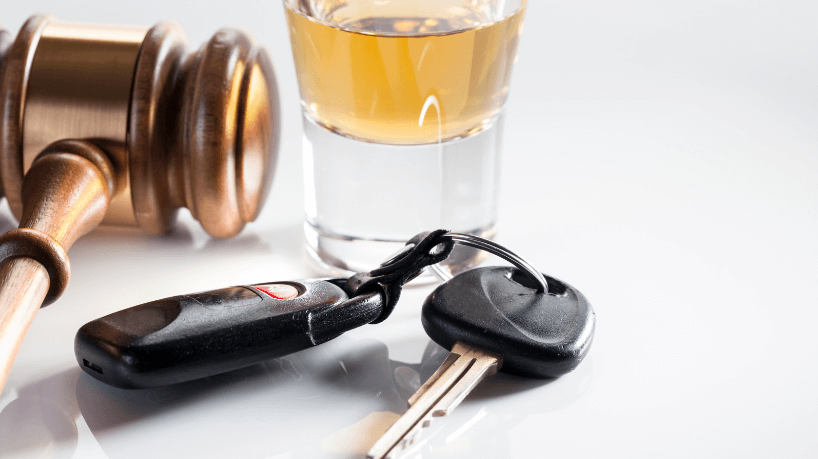
In terms of what those limits equate to in the bottle, 0.5 BAC is around three 8oz beers, two glasses of wine, or three flutes of champagne.
Best to take a taxi or hop back on public transport after imbibing – for legal and safety reasons!
French Drinking Culture
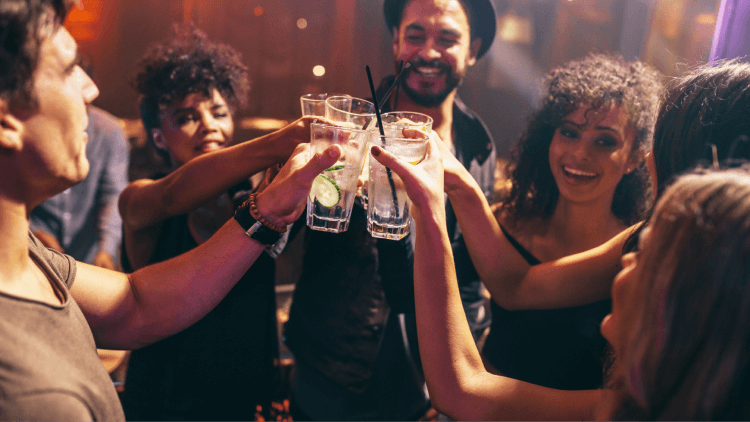
French drinking manners elevate the experience. Here are three things you need to know:
Say Cheers: If you’re out with friends or family in France, you can expect someone to suggest a toast. As you raise your glass, make eye contact with each person and exclaim “Santé!” – it’s not just polite, but considered unlucky if you don’t!
Time and Place: As mentioned, drinks have their own times in France. Aperitifs – pre-meal drinks – should always come before food for appetite-stimulating properties. This often means lighter servings like champagne, pastis, or Aperol, which can be served on the rocks or with soda.
Finish with Digestives: After you’ve enjoyed a meal, you can follow up with a digestive if desired – again, a drink selected for its digestive properties. Drink a solid wine, such as Cognac or Chartreuse, which France is famous for, or an amaro. And as a pro tip, avoid ordering pastis post-dessert or cognac pre-entrée!
Drinking Faux Pas
On the flipside, there are a few things you might want to avoid while drinking:
Don’t Rush: Savor your drink! Downing a tipple is considered impolite.
One at a Time: Mixing different drinks is generally frowned upon – for good reason – as it can make you feel a bit unwell.
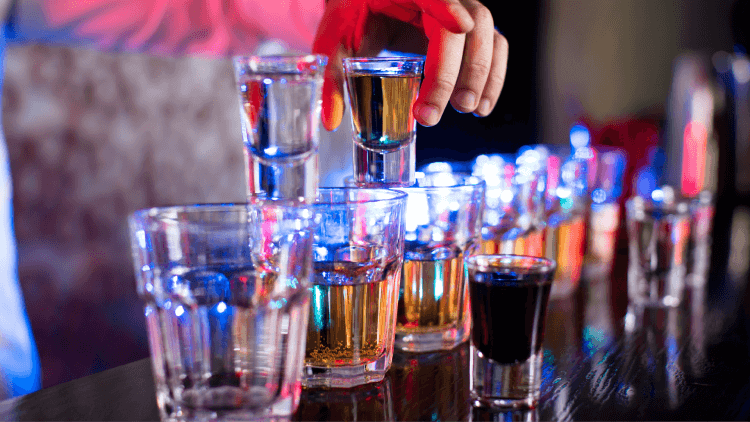
One Too Many: As with anywhere, don’t overindulge – especially given the French penchant for pacing their drinking. Standing out in the wrong way is a good way to feel self-conscious if you’re on the continent!
FAQ
What can you do at 16 in France?
At 16 you can work, drive a scooter, and drink specific beverages in bars with an adult present, but you can’t consume in public or purchase alcohol yourself.
Which country has the lowest drinking age?
Countries such as Italy and Germany have their drinking age set as low as 16 for some types of drink.
Is the drinking age in Italy 16 or 18?
Italy is 18, but 16-18 year olds can consume wine and beer with specific arrangements.
What is the drinking age in China?
The age is 18 in China, though this can be applied sporadically.
Conclusion
Ultimately, know the law and understand the etiquette, and you’ll have a richer experience in France as a result.
Whether it’s an aperitif to start a nice meal or a digestive after, knowing the cultural norms around drinking in France will make you feel even more at ease in social situations.
Enjoy your trip and remember: in France, drinking is about living the moment and breathing in the culture.
On se voit là bas!
